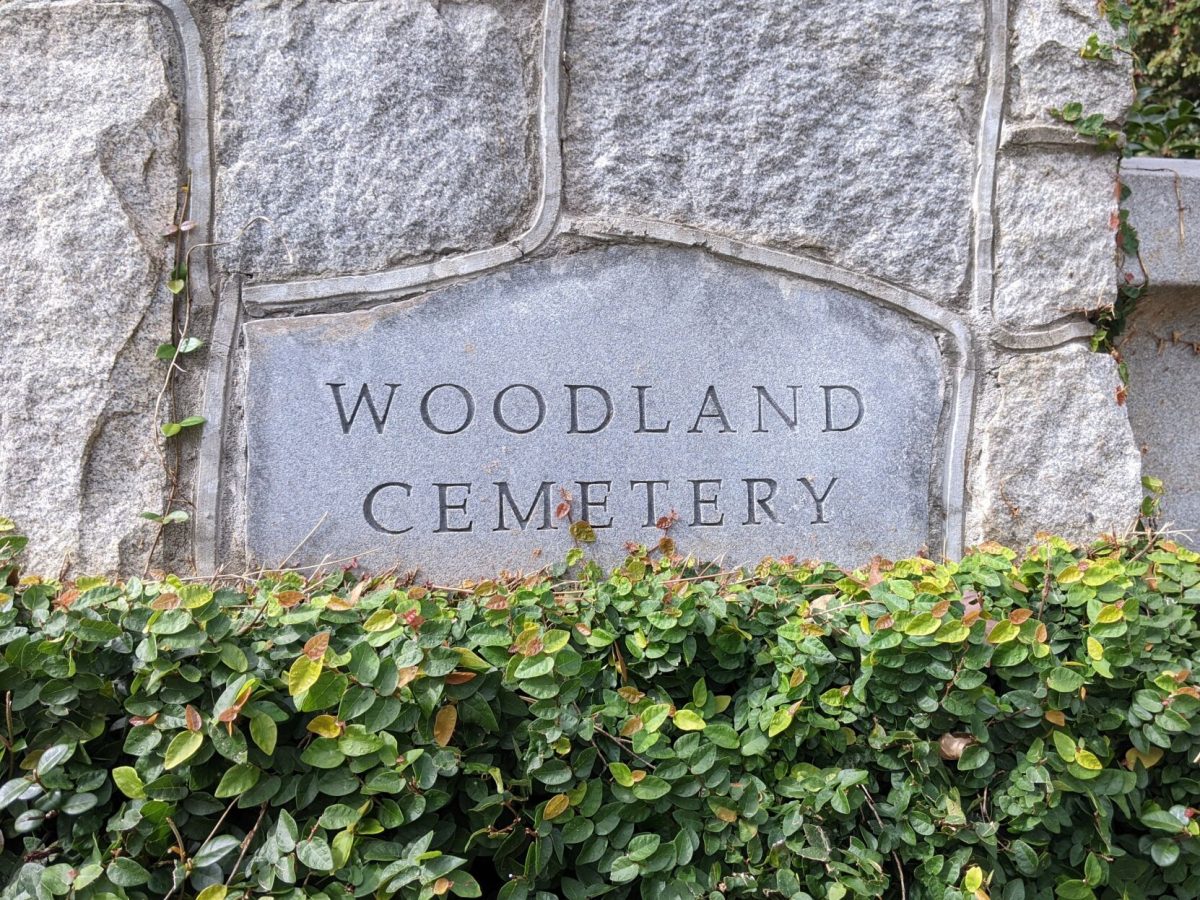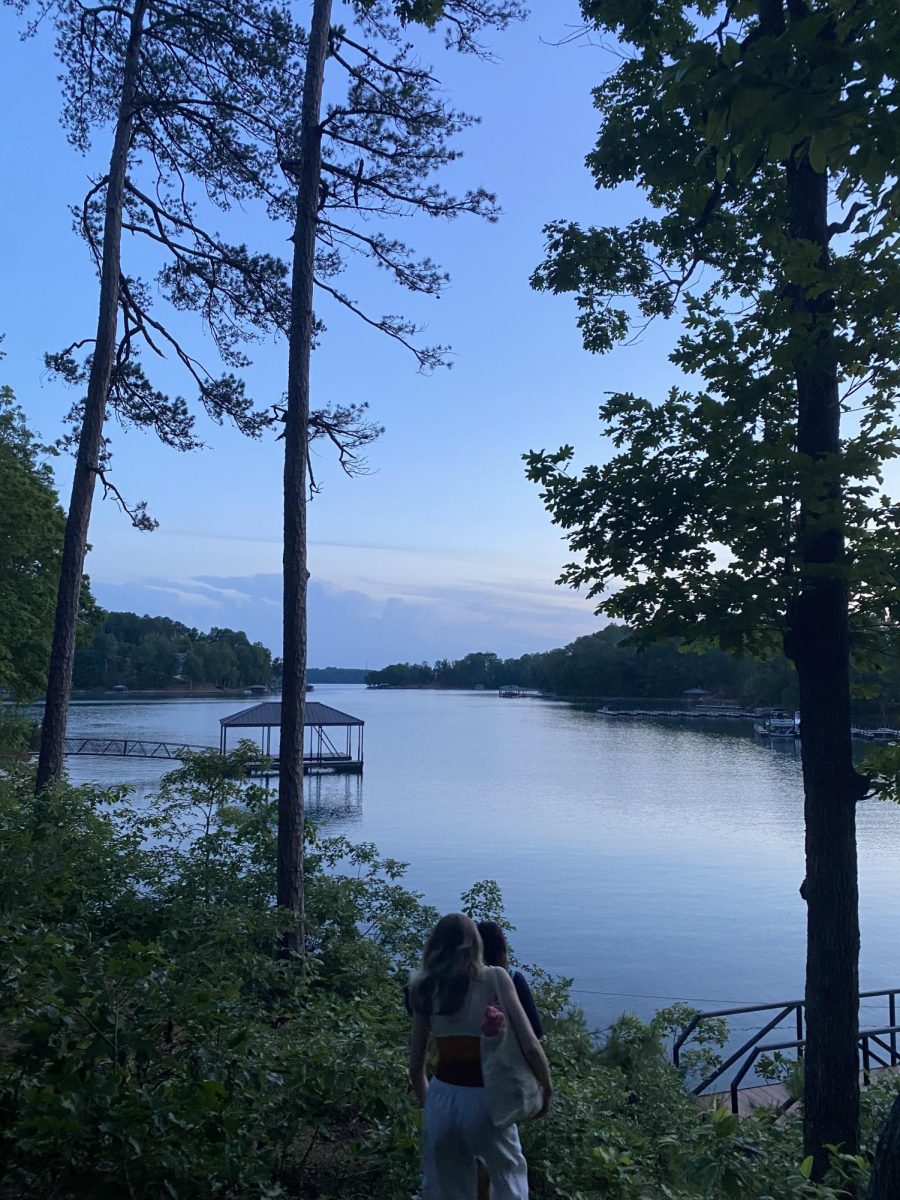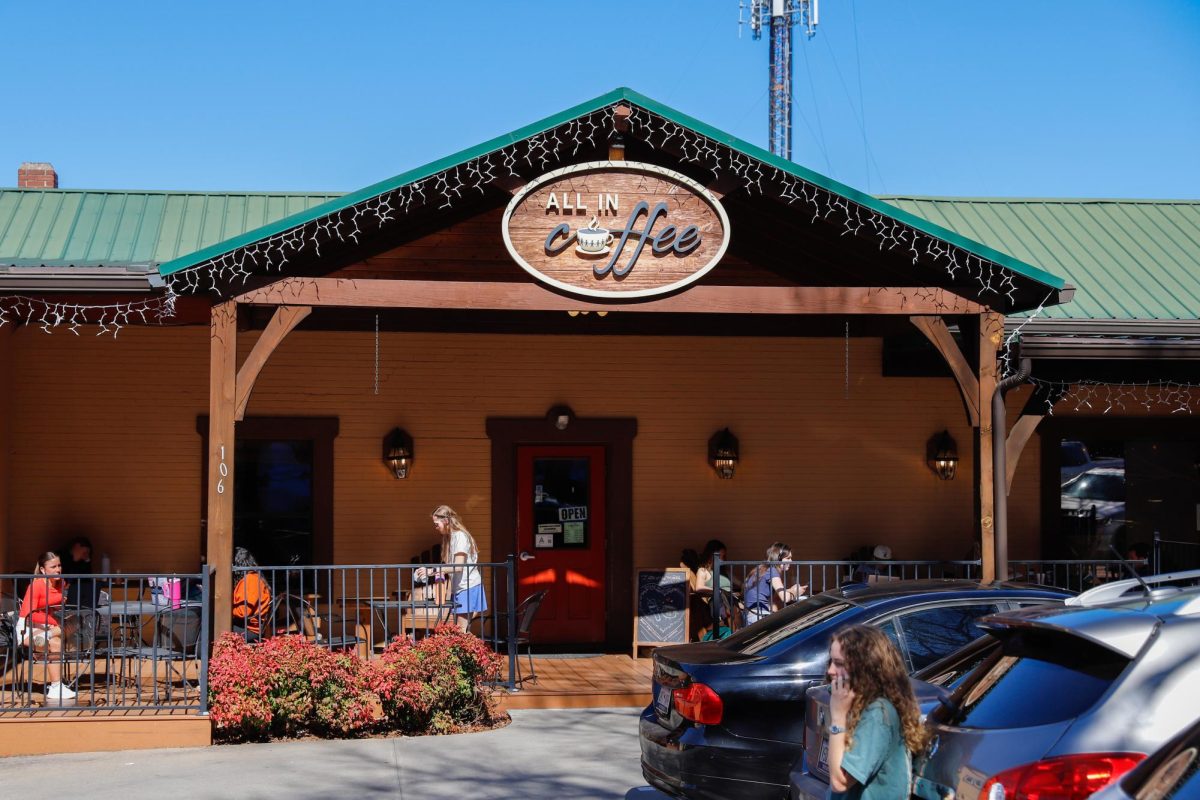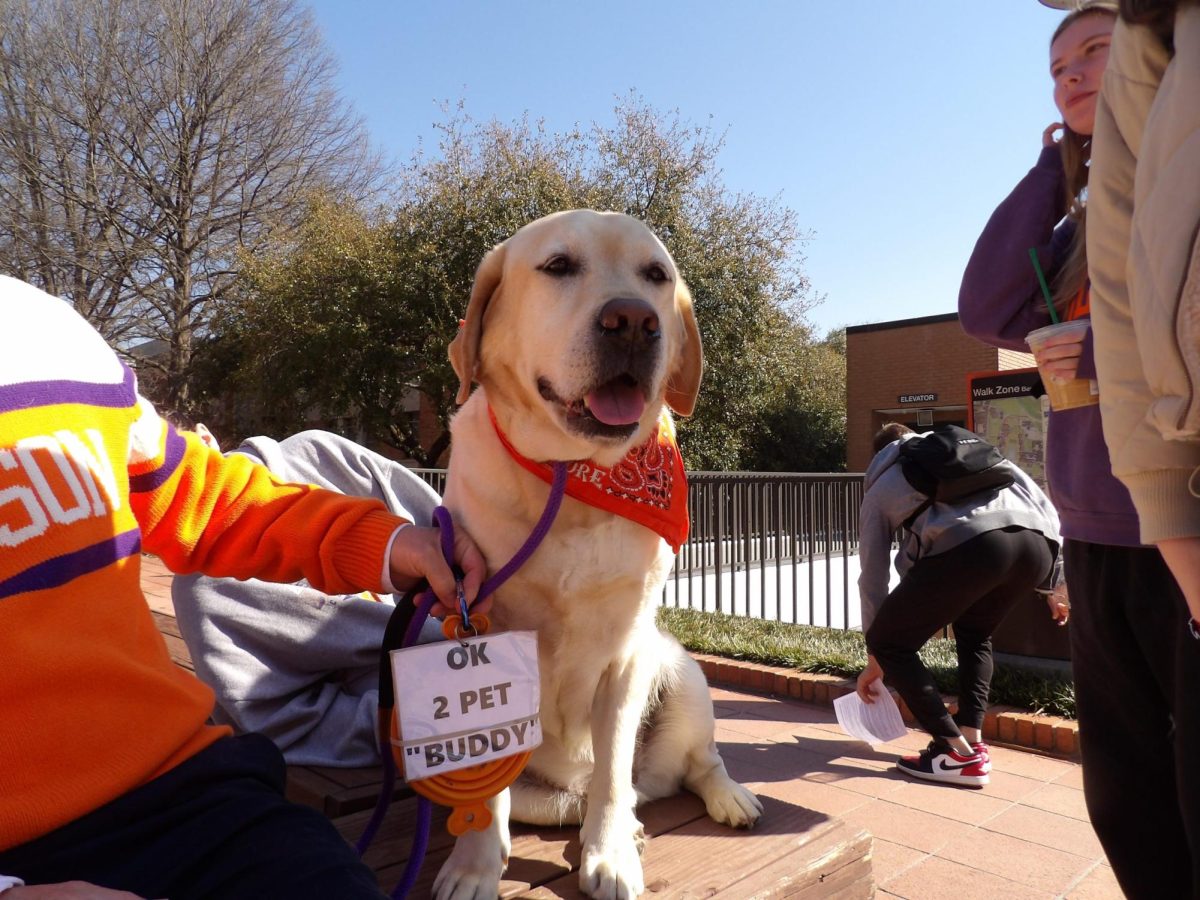A group of Clemson researchers have discovered 604 unmarked graves of African Americans in Woodland Cemetery — reopening the long and painful history of those who lived and died on this land before it became the university we know today.
The individuals are believed to be slaves who worked on John C. Calhoun’s Fort Hill Plantation as well as sharecroppers and domestic laborers. Others are thought to be convicted laborers transported from the state penitentiary in Columbia, SC to help construct Clemson College between 1890 and 1915.
Researchers identified more than 200 of the unmarked graves from field stones, traditional markers of African American graves. Researchers then used ground-penetrating radar technology (GPR) to conduct a full survey of the cemetery, revealing more than 400 additional unmarked graves.
Many of the graves were found in an area of the cemetery long thought to be an African American burial site. Others were found in a different area, where they were relocated after the university obtained a court’s approval to move them in 1960.
When asked why the graves have been left uncared for for so long, Dr. Paul Anderson, Clemson University’s historian, said they are still working to discern why.
“There is a lot of pain to work through,” Anderson said. “We hope that we can also work toward meaningful relationships with African American communities around us.” The group is planning a memorial to honor the African Americans buried in the cemetery.
Woodland Cemetery sits at a high point on campus next to Memorial Stadium, where tens of thousands of people gather to support Clemson’s winning football team, all unaware of the history buried beneath their feet. The Woodland Cemetery Preservation Project is part of larger efforts to communicate the university’s history from all perspectives, including the perspective of enslaved individuals and laborers who are a key part of the university’s founding.
Dr. Rhondda Thomas is the Calhoun Lemon Professor of Literature and a researcher whose work focuses on telling the stories of African Americans in Clemson University’s history. She leads the Community Engagement Council, which is tasked with identifying living relatives of the African Americans buried in Woodland Cemetery. The council is searching for descendants who can provide oral histories, family records and other documents that may help to identify these individuals.
“Living relatives of African Americans who are buried in the cemetery deserve to know that Clemson University has made a commitment to restore, protect, preserve and memorialize this hallowed site,” Thomas said.
You can find more information about the Woodland Cemetery Preservation Project on the university’s website, and you can read more about the history of African Americans at Clemson University on Thomas’ website for her Call My Name project.








